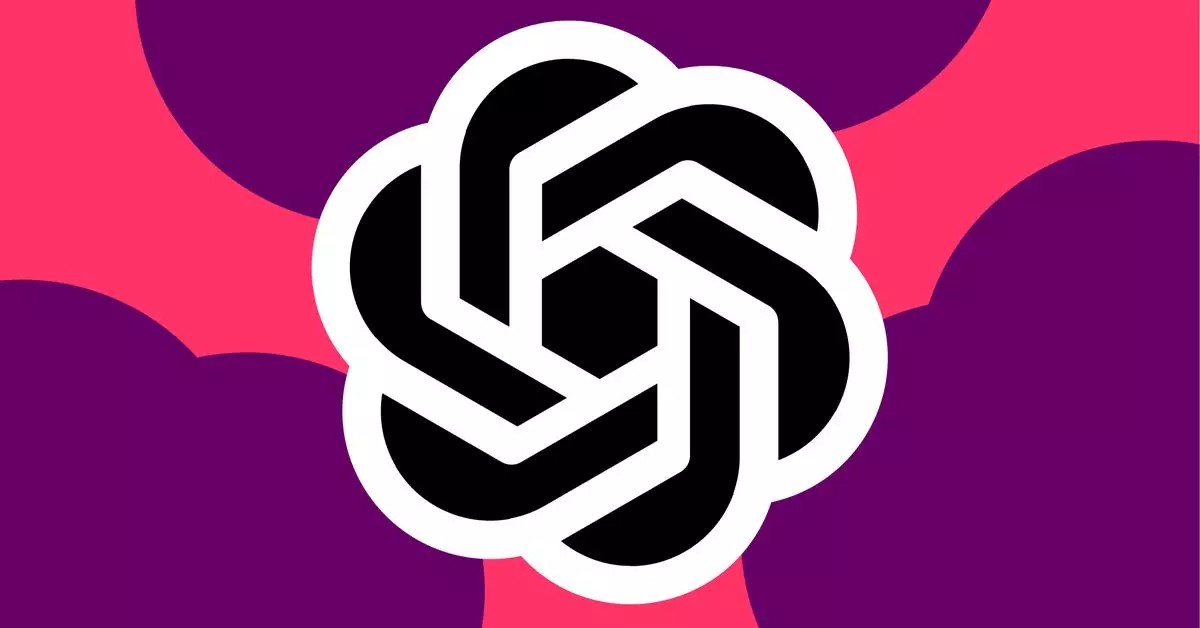In a groundbreaking move to enhance accessibility, OpenAI has introduced a voice-interactive service through a dedicated phone line, 1-800-CHATGPT. Announced during what they have coined “ship-mas,” this service allows users in the United States to engage with ChatGPT for 15 minutes at no cost. This initiative, as explained by OpenAI’s Chief Product Officer Kevin Weil, has been conceived in response to the burgeoning interest in AI technologies and serves as a critical entry point for individuals who may not be as comfortable navigating AI through traditional online platforms.
At the heart of this voice service lies OpenAI’s Realtime API, which powers the phone interactions, while the WhatsApp functionality operates through an integration with the WhatsApp API and is supported by the efficiency of GPT-4o mini. The design of this service caters to users who may prefer conversational AI engagement without the barriers of complex interfaces. It’s a strategic effort to demystify AI interactions, enabling those who may be intimidated by advanced technology to experience its benefits in a more familiar environment.
The provision of 15 minutes per phone number each month allows innovative flexibility; for example, users can create multiple Google Voice numbers to extend their interaction time significantly. This approach invites curiosity and experimentation with AI, while also ensuring that those requiring deeper engagement with advanced features are encouraged to utilize the traditional web-based ChatGPT platform.
Interestingly, OpenAI’s voice service echoes a similar initiative launched by Google in 2007, known as GOOG-411, which provided users with free directory assistance through voice commands. Although GOOG-411 was discontinued in 2010, it highlighted the early aspirations of technological giants to harness voice recognition data to enhance their services. Google had openly stated that the goal behind this venture was to collect a vast array of phoneme samples necessary for training their speech recognition algorithms.
The closure of GOOG-411 raised questions about the underlying motives of tech companies when offering seemingly altruistic services. While it’s clear that OpenAI is not planning to utilize calls for training purposes—a statement made by spokesperson Taya Christianson—it does remain a topic of discussion within tech circles regarding the ethical implications of user data collection in the pursuit of technological advancement.
In culmination, OpenAI’s foray into voice-interactive services marks a significant step forward in making AI more approachable for the general public. It represents a concerted effort to bridge the gap between advanced technology and everyday users. As we continue to explore the intersections of technology, accessibility, and ethical practices, initiatives like 1-800-CHATGPT provide critical insights into how companies can engage with the masses while navigating the complexities of user interaction in the digital age. OpenAI’s emphasis on maintaining distinct features for professionals further underscores the thoughtful balance in designing diverse tools tailored to various user needs. This development not only reflects the current trajectory of AI innovation but also sets the stage for the ongoing dialogue regarding user engagement in a rapidly evolving technological landscape.

